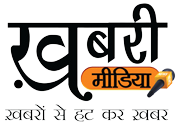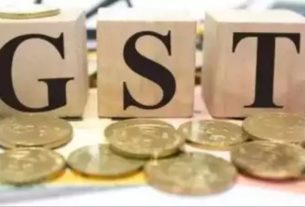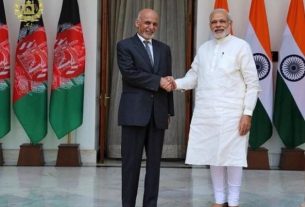Devanjana Mukherjee, Khabri Media
Addressing the issue of unemployment among educated Indians is not only a matter of economic growth but also of social well-being and individual aspirations.
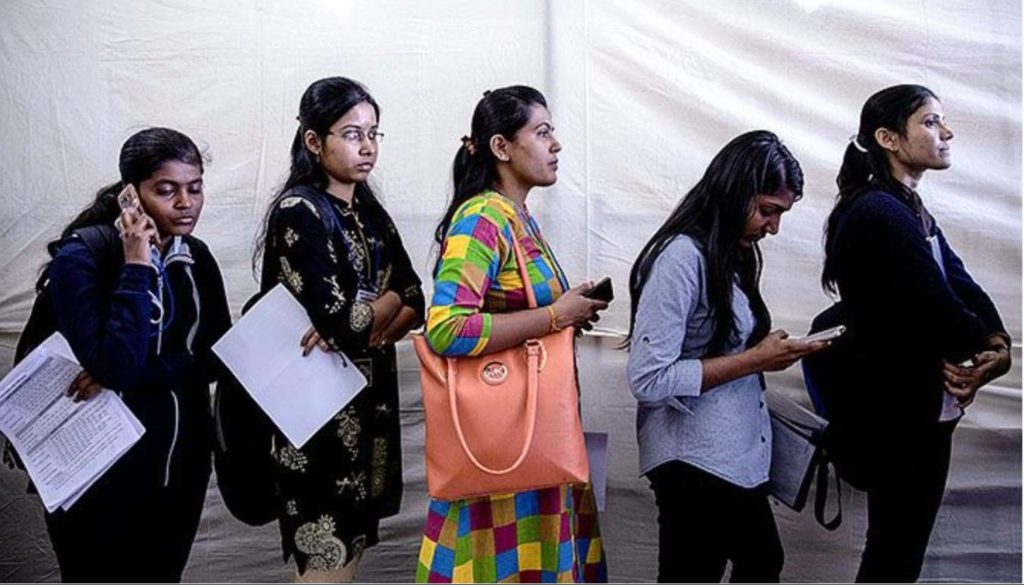
Pic: Social Media
India has witnessed significant growth in its education sector, with an increasing number of students pursuing degrees and diplomas in various fields. With a population of over a billion people, the competition for jobs is fierce, and higher education is seen as a means to secure a better future. As a result, many young Indians invest time, effort, and money into acquiring qualifications, hoping that it will open doors to promising careers.
ALSO READ: Ola, Uber drivers go on strike
However, unemployment rates continue to remain high among people qualified with a diploma or degree, though some progress has been made in the last five years, according to a recent report from Kotak Institutional Equities. There’s a notable gap between job opportunities and those seeking jobs, which might take time to narrow.
As per the latest available data, the unemployment rate among Indians with a degree or diploma exceeds 12%. This statistic is significantly higher than the overall national unemployment rate, which stands at around 6%. In 2011-12, about 30% or 45 lakh of the 1.5 crore ‘totally unemployed’ were either graduates or more qualified as compared to 2004-05 data at 21%.
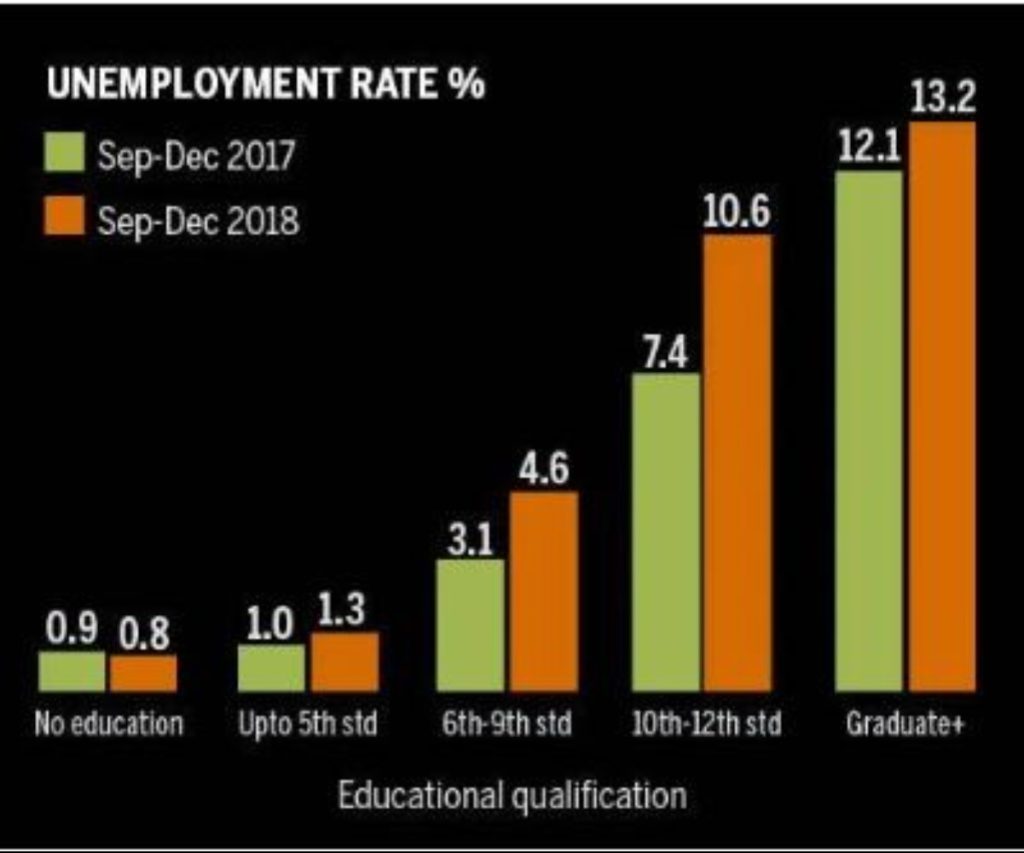
Pic: Social Media
Institute for Human Development along with the Indian Society of Labour Economics shared a 2014 report with the first of a series of biennial publications where it carries analyses of the changes in the labour market and employment since the onset of the economic reform in the country.
One of the key reasons behind the high unemployment rate is the disconnect between the skills taught in educational institutions and those demanded by the job market. The sheer number of graduates and diploma holders in India results in intense competition for a limited number of job openings.
Employment opportunities vary widely across India, with some regions having a more robust job market than others. Many graduates are unwilling to relocate, which can further limit their employment options. Women, in particular, face significant challenges in the Indian job market.
Gender biases, societal expectations, and safety concerns can restrict women’s access to employment opportunities. As per the official data, The unemployment rate amongst women is alarmingly high as it is almost 50% higher than men, especially in tier II and tier III regions.
